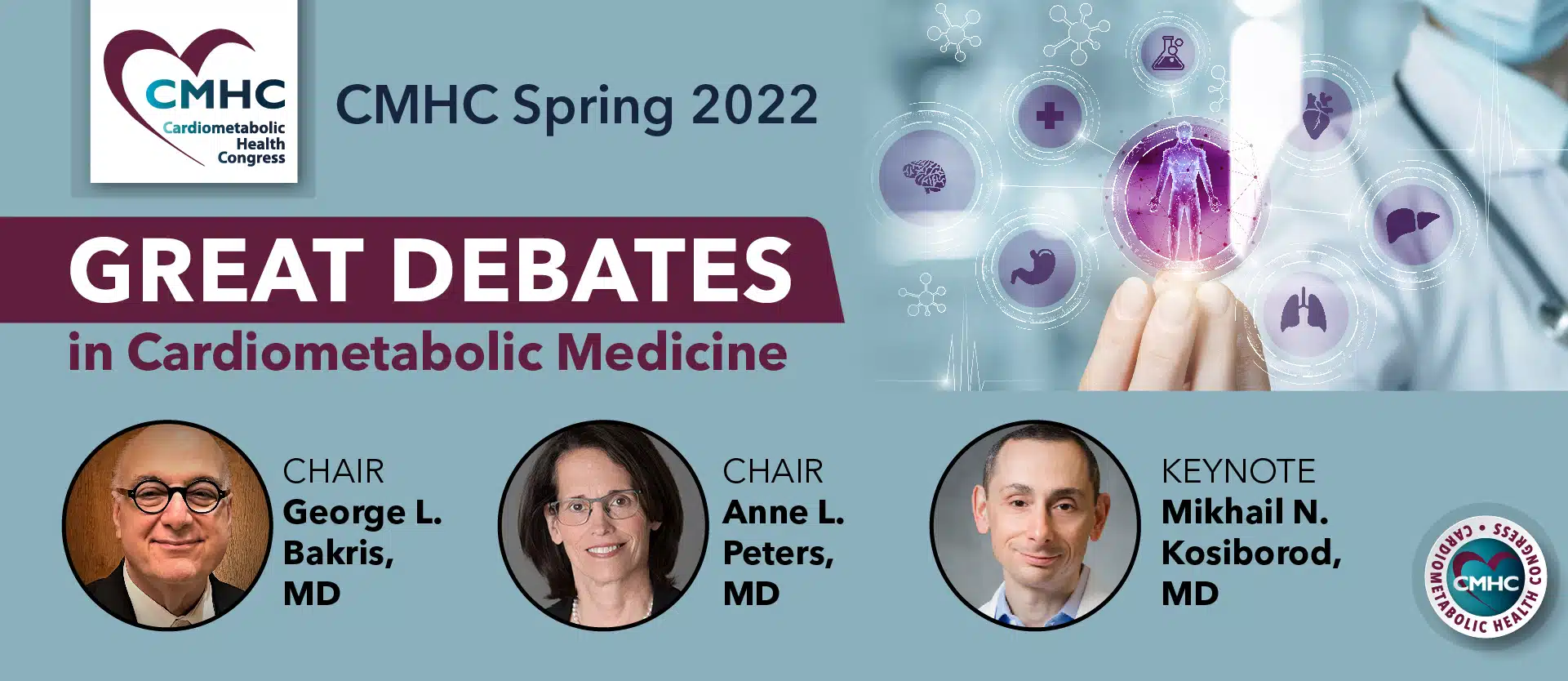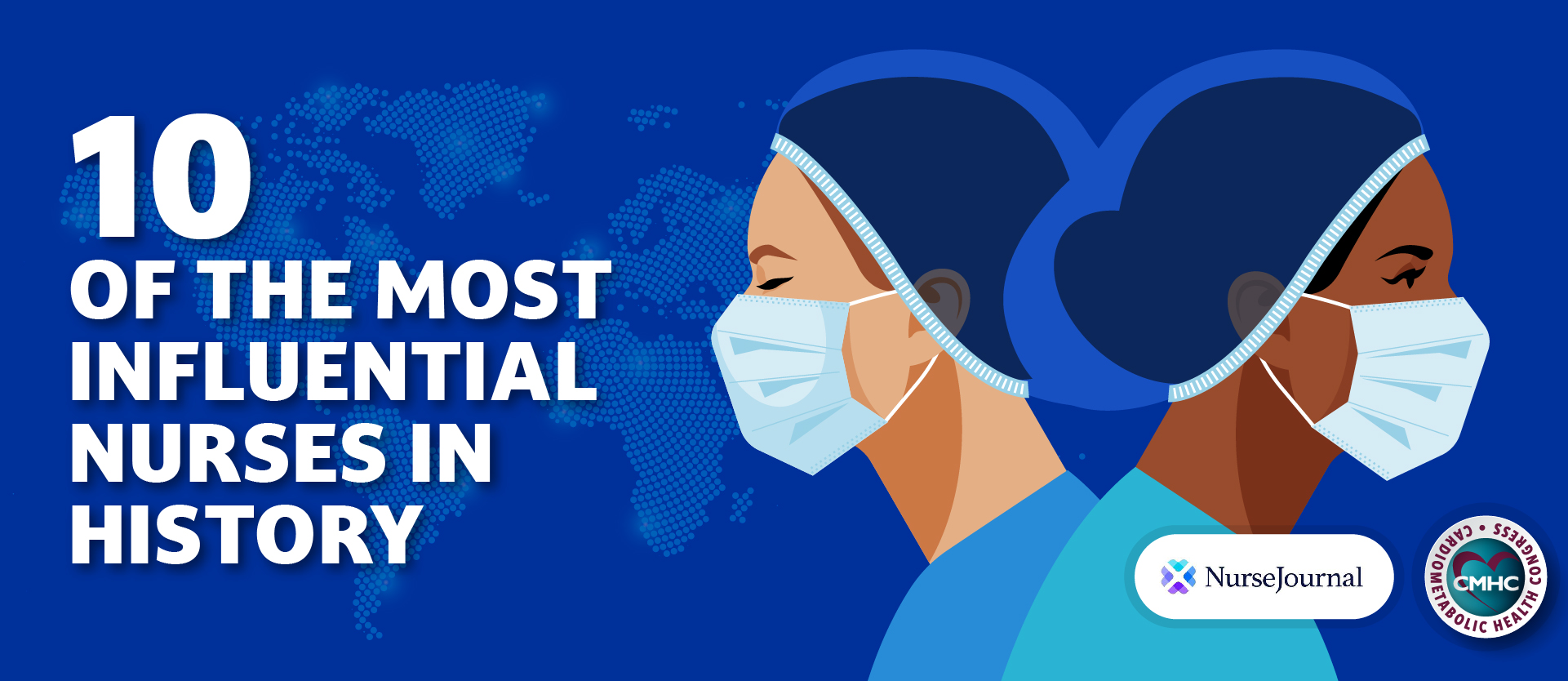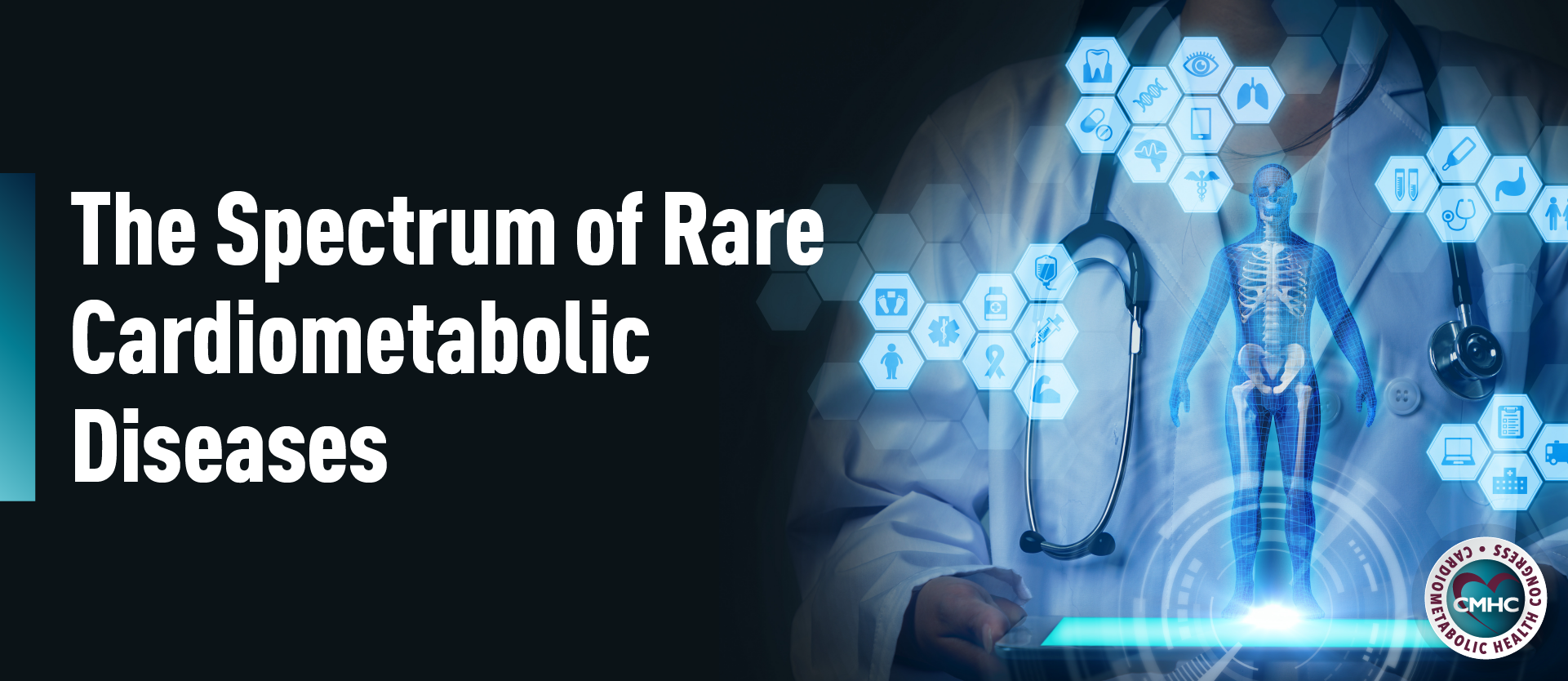Fewer women who suffer a heart attack each year in the UK would die if they were simply given the same treatments as men, according to new research.
Scientists at the University of Leeds and the Karolinska Institute in Sweden used data from Sweden’s extensive online cardiac registry, SWEDEHEART, to analyze the outcomes of 180,368 patients who suffered a heart attack over a 10 year period to December 2013.
After accounting for the expected number of deaths seen in the average population, the researchers found that women had an excess mortality up to three times higher than men’s in the year after having a heart attack.
While the analysis uses Swedish data, the researchers believe that the situation for women in the UK is likely to be worse than in Sweden, which has one of the lowest mortality rates from heart attacks anywhere in the world. The study, published yesterday in the Journal of the American Heart Association, was co-funded by the British Heart Foundation.
Professor Chris Gale, Professor of Cardiovascular Medicine at the University of Leeds, who co-authored the study, said: “We need to work harder to shift the perception that heart attacks only affect a certain type of person. Typically, when we think of a heart attack patient, we see a middle-aged man who is overweight, has diabetes and smokes. This is not always the case: heart attacks affect the wider spectrum of the population, including women. Sweden is a leader in healthcare, with one of the lowest mortality rates from heart attacks, yet we still see this disparity in treatment and outcomes between men and women. In all likelihood, the situation for women in the UK may be worse.”
Analysis of the Swedish data found that women who had a heart attack resulting from a blockage in the coronary artery were 34 per cent less likely than men to receive procedures which clear blocked arteries and restore blood flow to the heart, including bypass surgery and stents.
The paper reported that women were also 24 per cent less likely to be prescribed statins, which help to prevent a second heart attack, and 16 per cent less likely to be given aspirin, which helps to prevent blood clots. Critically, when women received all of the treatments recommended for patients who have suffered a heart attack, the gap in excess mortality between the sexes decreased dramatically.
Professor Gale, from the Leeds Institute of Cardiovascular and Metabolic Medicine, added: “The findings from this study suggest that there are clear and simple ways to improve the outcomes for women who have a heart attack – we must ensure equal provision of evidence-based treatments for women.”
Previous British Heart Foundation research has shown that women are 50 percent more likely than men to receive the wrong initial diagnosis and are less likely to get a pre-hospital Electrocardiogram (ECG) which is essential for swift diagnosis and treatment.
Professor Jeremy Pearson, Associate Medical Director at the British Heart Foundation, said: “Heart attacks are often seen as a male health issue, but more women die from coronary heart disease than breast cancer in the UK. The findings from this research are concerning – women are dying because they are not receiving proven treatments to save lives after a heart attack.”
This year, attend our 13th Annual CMHC conference, taking place from October 24-27 in the heart of downtown Boston. We are hosting our first pre-conference Women’s Health Summit on October 24th: highlighting the latest research unique to women’s healthcare. Expand your therapeutic options to enhance and optimize your female patients’ health, while learning tangible solutions to complex medical problems. This day is designed for you to become well-versed in integrative practices and protocols, and understand the unique challenges faced by women.


















